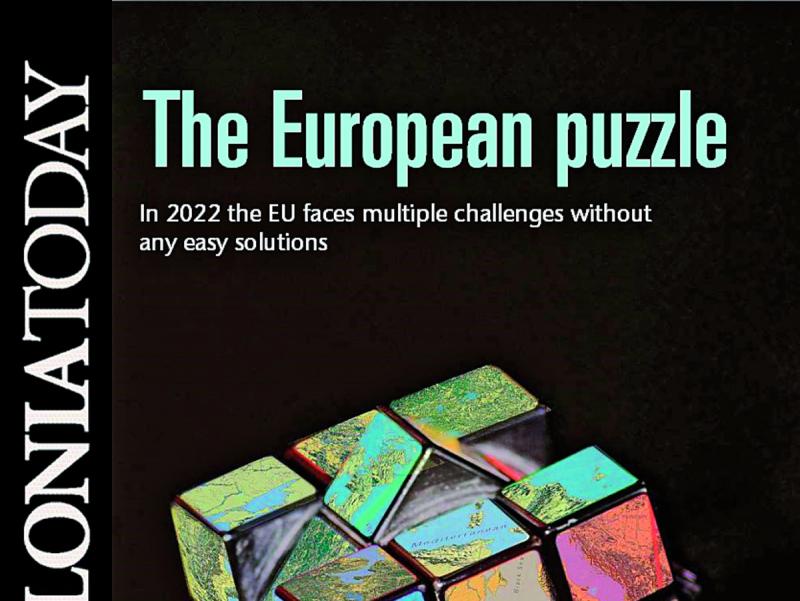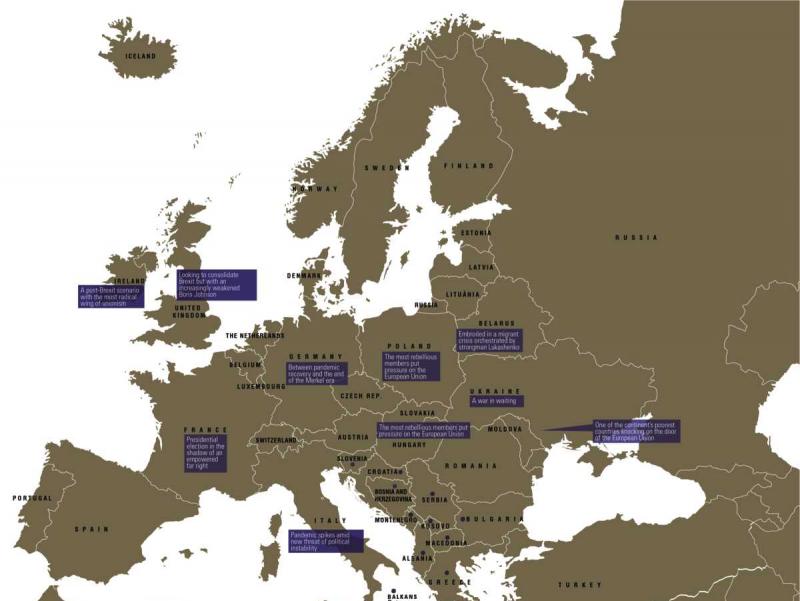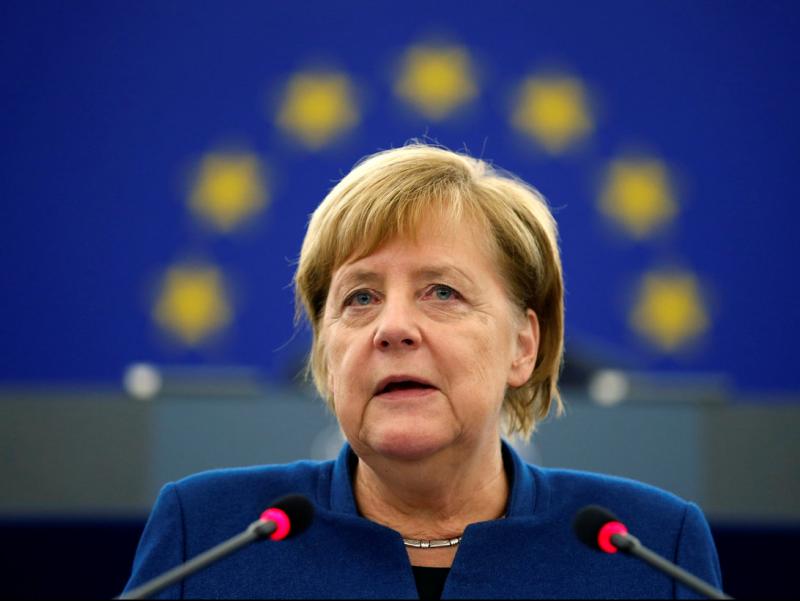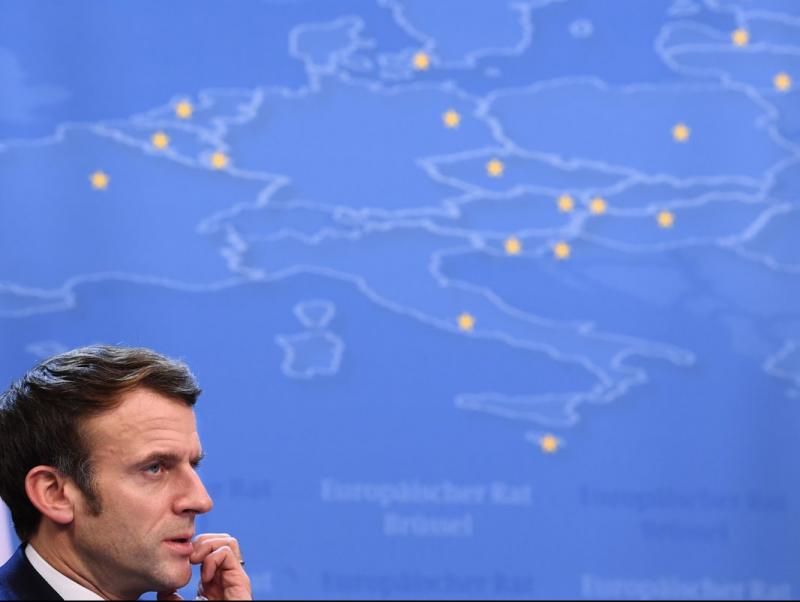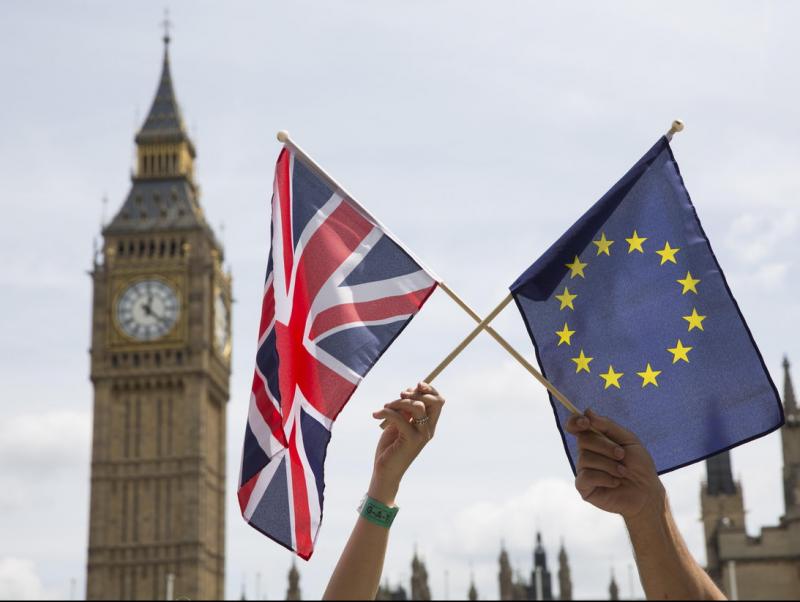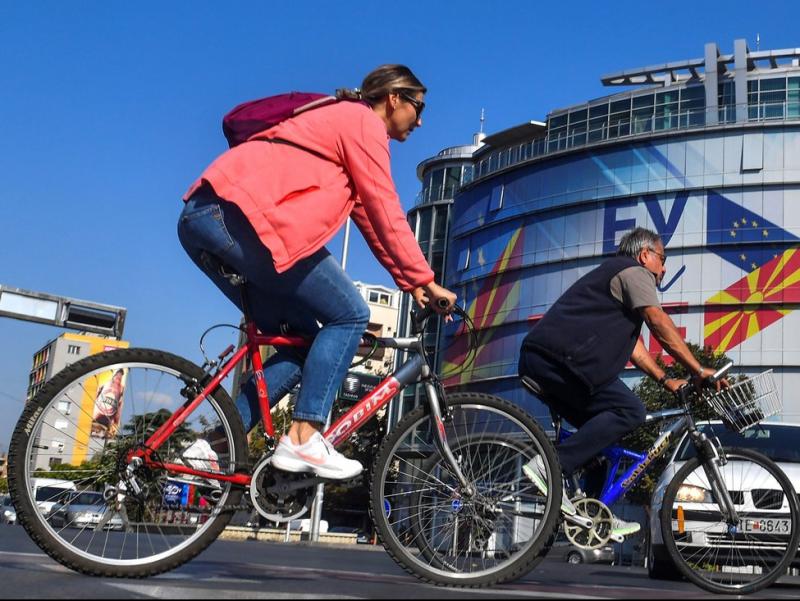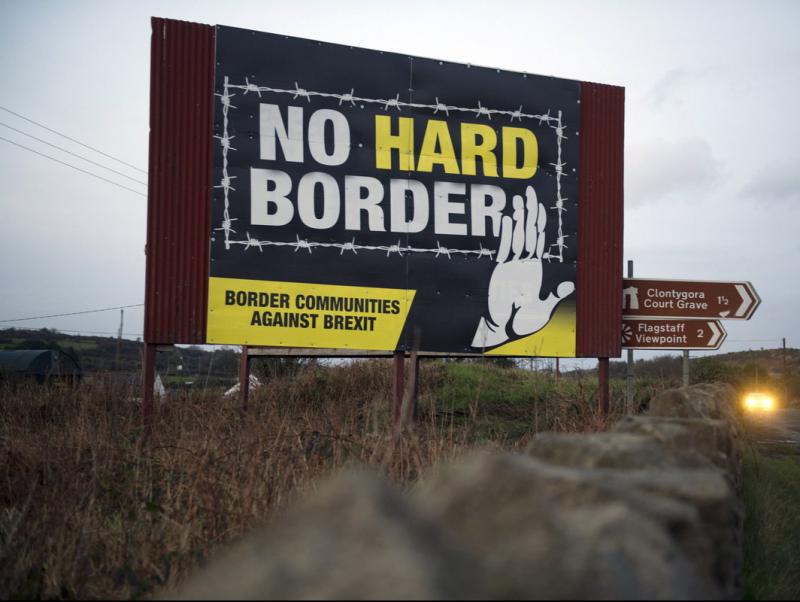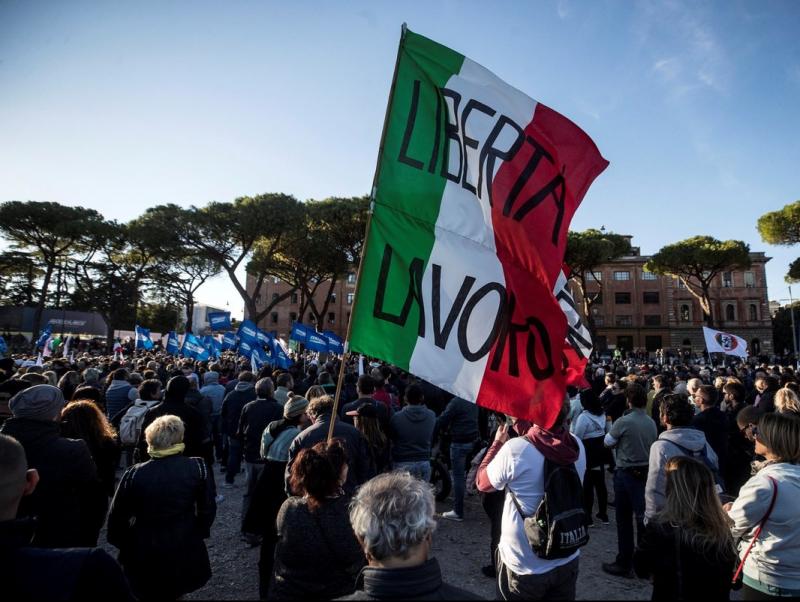D. Postico/M. Moreno. mmoreno@elpuntavui.cat
Catalan trade passing the Brexit test
Catalan companies are overcoming the obstacles arising from the UK’s struggle to leave the EU on its own terms
The United Kingdom’s first year outside the European Union has shown that Brexit as negotiated by prime minister Boris Johnson is not feasible. The British have not yet been able to fully comply with border controls and paperwork, while problems with implementing Brexit have resulted in a labour shortage in sectors that depended on EU community workers, such as hospitality and catering, construction and transportation. This first year has also been marked by problems with carriers, leading to a shortage of products in many sectors of the UK economy. Added to this is a new immigration system, which limits the entry of unskilled workers. Faced with this crisis, the Johnson administration had to issue three-month visas to 5,000 European lorry drivers and another 5,500 to EU community aviation workers, another affected sector. Johnson refers to the global supply problems caused by Covid, but never mentions Brexit among the causes that have aggravated the situation in the country.
The other major problem arising from Brexit is the implementation of the Northern Ireland Protocol, which leaves parts of the Northern Irish economy within the single market and the customs union, shifting the border with the EU to the sea that separates Ireland from Great Britain and thus fragmenting the British domestic market. This caused a crisis with the Northern Irish unionists and the supply of goods, while employers warn that the protocol Johnson signed cannot be implemented. The result has been a return to talks with the EU, although the bloc has insisted it will not renegotiate the text.
Overcoming obstacles
Where Catalonia is concerned, a year after the implementation of Brexit most business people and economic experts agree that Catalan business is largely overcoming the obstacles caused by the UK’s departure from the EU. Recent data from the Barcelona Chamber of Commerce, covering January to September last year, show that Catalan exports to the UK stood at 2.87 billion euros, 22% higher than in the same period in 2020, a year in which the pandemic severely affected sales abroad. If we look at the same period before the pandemic, in 2019, the figure is 11% lower. However, it must also be remembered that in 2019, with Brexit imminent, many companies advanced export and import deals, making it an exceptional year in terms of Catalan-UK trade.
Marín Orriols, international director of the Barcelona Chamber of Commerce, says that the UK is Catalonia’s fifth largest trading partner, with sales there equivalent to 5% of Catalan GDP. The sales are mostly in three sectors: automotive (35% of the total), food (15%) and chemical (15%). Despite a difficult process of pre-Brexit negotiation, Orriols is optimistic about the future trading relationship with the UK. “Without Trump’s influence and with things stabilising in Brussels, it raises a scenario in which the UK’s relationship with the EU could resemble that of Switzerland or Norway,” he says.
The chamber analyst recalls that in the first half of 2021 exports to the UK – always with the caveat of Covid and its effect on activity – fell by 60% because “the regulatory framework was not yet clear, customs were not prepared and this influenced the traffic of goods, as there were saturations, delays and breaks in the production chains.”
The Chamber’s expert points out that, although the UK is now non-EU, there are virtually no limits on the exchange of goods under the new import and export regime. “We can import and export without quantity limitations,” he says. But there are other aspects that have meant a greater bureaucratic burden for companies here and over there: customs formalities, with the cost in time and money that they entail. An example would be the obstacles to Just-in-Time, the inventory management method in which goods are received from suppliers only as they are needed, in order to minimise the costs of production and storage. “With Just-in-Time, going through customs, passing inspections, as in the case of medicines or food, increases paperwork, goes against free trade and is less competitive,” says Orriols, who is convinced that “like in any divorce, the beginnings are more difficult and, if there are children in common, we try to reach agreement little by little.” That’s why the analyst believes there will be a tendency towards some deregulation to facilitate trade. “We may lose trade in the short term, but in the medium or long term it will recover and we will move towards greater mutual trust,” he predicts.
Good prospects
Catalonia is exporting more than ever, a fact that has offset the ups and downs in the domestic market. International trade cannot be ignored, and the great advantage, Orriols points out, is the size of Catalan companies, which are mostly “small and medium-sized, agile and flexible”. All in all, Orriols believes that while 2022 “is not the ideal year” everything will continue in that direction.
Xavier Ferrer, chairman of the International Economic and EU Committee of the College of Economists, is not aware of any “serious problems”. In Catalonia there are about 3,000 companies, which account for around 5% of exports, and which trade with the UK on a regular basis. However, despite initial obstacles, which have added to the logistical difficulties arising from the pandemic, “all the previous information provided by administrations such as the Catalan government and other institutions and entities, such as chambers of commerce or employers, have minimised the risks,” he says. The business world is accustomed to adapting to new circumstances: “There are more controls and delays, but the country has not closed and if a product is needed, the circuits work,” says Ferrer.
The expert points out that, like all beginnings, those of Brexit have not been easy, especially as they have been guided by a government headed by Boris Johnson, a leader “convinced that Brexit is the best option, but who perhaps does not have the ideal attitude for dealing with a split of this nature.” The member of the College of Economists emphasises that, although the Brexit law is what it is, “managing it in a spirit of understanding is not the same as doing it purely for one’s own benefit.”
feature european union
Nationalism stronger than ever
Brexit has increased territorial tensions between the four nations of the UK: England, Wales, N. Ireland and Scotland. Seen as a form of English nationalism, Brexit has caused nationalist feelings to intensify. A new referendum on Scottish independence seems possible, and First Minister Nicola Sturgeon has scheduled it for 2023. Unionists won the 2014 referendum with 55% of the vote, but Brexit changed everything. Scotland and N. Ireland voted no to Brexit. In the May election, Sturgeon’s SNP prevailed and pledged to hold a new referendum. The UK government in London opposes it, but will come under increasing electoral pressure to change its stance. Brexit also led to a resurgence of nationalism in Wales, where support for independence had always been below 20%, but has now risen to 39%. The situation is also delicate in N. Ireland, where to close a deal with the EU, Johnson agreed to leave N. Ireland commercially aligned with the EU, despite strong Unionist opposition.





